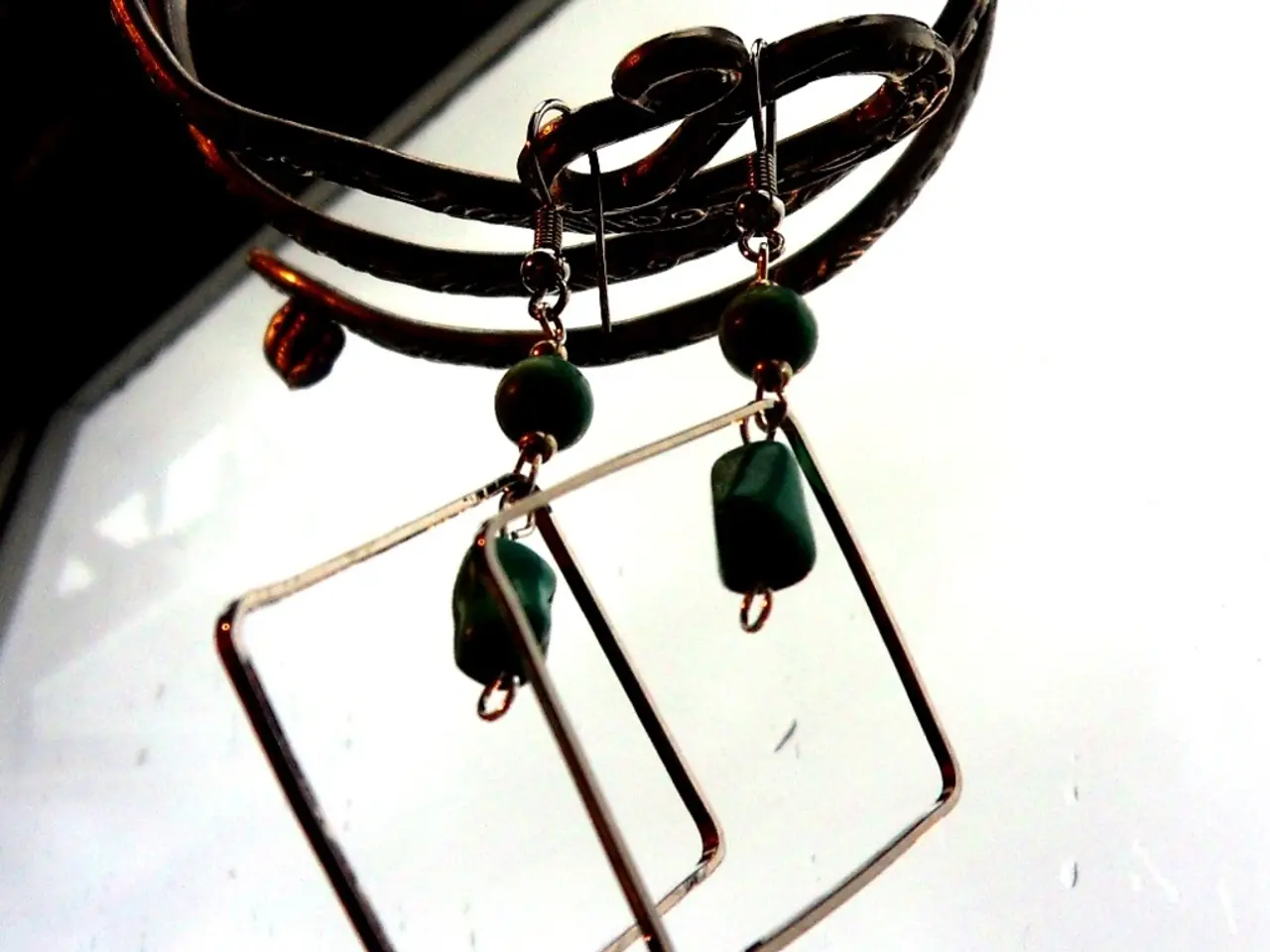Hearing Sensitivity: Signs, culprits, and remedies
Hyperacusis is a medical condition that affects approximately 1 in 50,000 individuals, causing an increased sensitivity to sounds that can make everyday sounds abnormally or uncomfortably loud. This condition can develop at any age and may be triggered by various factors.
Common causes and triggers of hyperacusis include prolonged or intense exposure to loud noises, head injuries or neurological conditions, ear infections or inner ear injuries, psychological factors such as stress and anxiety, and sensory processing differences. Everyday sounds like conversation, traffic noise, typing sounds, clapping, or other average-intensity sounds can become intolerable for those with hyperacusis.
In many cases, no specific cause is identified, but assessment often looks for patterns such as noise exposure history, neurological issues, or emotional factors to better understand the patient's experience. Children can also experience hyperacusis, often following an ear infection or head injury or occurring alongside autism.
The discomfort from hyperacusis occurs in response to quieter sounds that would not ordinarily cause such sensations. Examples of sensations include a sharp, dull, or stabbing pain in the ear, jaw, or neck, tingling in the ear, and a feeling of fullness in the ear. These symptoms can lead to psychological distress that interferes with work, relationships, and overall well-being.
If you suspect you have hyperacusis, it's essential to visit an audiologist. They will ask about your symptoms and medical history, perform a physical exam, and possibly a hearing test. Some people may wish to try home remedies like meditation, massage, and relaxation therapy to help reduce hyperacusis pain.
Treatment options for hyperacusis vary depending on the type and severity of the condition. Sound therapy involves wearing a noise-generating device that produces "white noise" to help train the brain to accept ordinary sounds. Cognitive behavioral therapy (CBT) can help alleviate the psychological distress people may feel as a result of hyperacusis.
In some cases, surgery such as round and oval window reinforcement may be an option for people with severe hyperacusis if other treatments have not been effective. It's crucial to consult with an otolaryngologist, audiologist, or hearing instrument specialist for a proper diagnosis and treatment plan.
It's important to note that prolonged exposure to high noise environments, especially in musicians who experience prolonged exposure to amplified sounds, can increase a person's risk of developing hyperacusis. Therefore, it's essential to take precautions to protect your hearing and seek medical help if you experience any symptoms of hyperacusis.
[1] American Speech-Language-Hearing Association (ASHA). (2021). Hyperacusis. Retrieved from https://www.asha.org/public/hearing/disorders/hyperacusis/ [2] National Institute on Deafness and Other Communication Disorders (NIDCD). (2021). Hyperacusis Fact Sheet. Retrieved from https://www.nidcd.nih.gov/health/hyperacusis [3] Tunkel, D. (2016). Hyperacusis. In StatPearls [Internet]. StatPearls Publishing. Retrieved from https://www.ncbi.nlm.nih.gov/books/NBK519295/ [4] American Tinnitus Association. (2021). Hyperacusis. Retrieved from https://www.tinnitus.org/hyperacusis/ [5] Hyperacusis Help. (2021). Hyperacusis. Retrieved from https://hyperacusishelp.com/what-is-hyperacusis/
- Science suggests that psychological factors like stress and anxiety, sensory processing differences, and neurological disorders can contribute to the development of hyperacusis.
- A workplace-wellness focus on mental health may be beneficial for individuals susceptible to hyperacusis, as stress and anxiety seem to play a role in its incidence.
- In addition to sound therapy and cognitive behavioral therapy, skin care is essential for overall health and can potentially aid in symptom management for those with hyperacusis.
- Chronic diseases, such as tinnitus, can coexist with hyperacusis, making it crucial for medical professionals to consider various medical conditions when diagnosing and treating patients.
- Fitness and exercise routines are essential components of a health-and-wellness plan that can help alleviate the potential psychological distress caused by hyperacusis.
- Nutrition plays a vital role in maintaining a healthy neurological system; incorporating CBD, a compound known for its potential neuroprotective properties, into your diet could potentially provide relief for some individuals with neurological disorders like hyperacusis.




